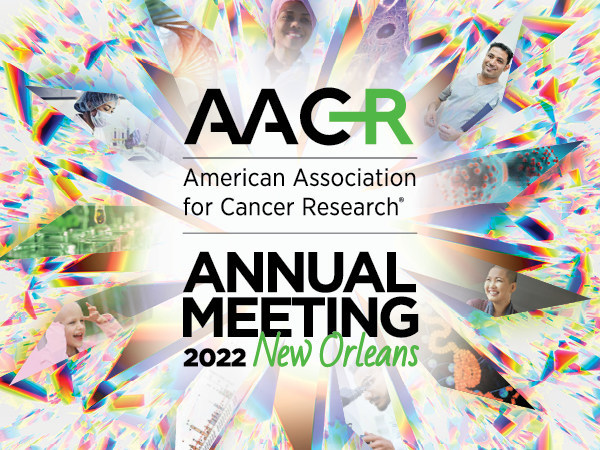

April 6, 2022 – Bold Therapeutics, a clinical-stage biopharmaceutical company, announced that will be presenting research supporting the use of BOLD-100 in combination with a wide range of anticancer therapies in the treatment of numerous cancer types at the AACR Annual Meeting 2022 on April 8-13, 2022 in New Orleans.
Bold Therapeutics’ BOLD-100 is a first-in-class ruthenium-based small molecule therapeutic that (1) alters the unfolded protein response (UPR) through selective GRP78 inhibition; and (2) induces reactive oxygen species (ROS) which causes DNA damage and cell cycle arrest. Collectively, these effects result in cell death in both sensitive and resistant cancers, giving BOLD-100 the potential to significantly improve outcomes in a wide range of both solid and liquid tumors in combination with other anticancer therapies ranging from traditional chemotherapies to targeted therapies to immuno-oncology agents. BOLD-100 is currently being studied in a multinational Phase 2 trial in the treatment of advanced gastrointestinal cancers actively enrolling at 13 clinical sites: six in Canada; two in the U.S.; and five in South Korea. The Phase 1b trial results showed that BOLD-100 was generally safe and well-tolerated in combination with FOLFOX and suggested a clinically meaningful improvement in PFS over FOLFOX alone in a difficult-to-treat refractory patient population.
Bold Therapeutics’ poster presentation titled “Utilization of cancer cell line screening and bioinformatic analyses to identify optimal developmental pathways for the novel anticancer agent BOLD-100” (Poster# 5489, Session: Small Molecule Therapeutic Agents) highlights key findings of an unbiased approach to identify promising drug combinations and indications for future clinical development. Bladder cancer and esophageal cancer are two indications that emerged as particularly sensitive to both BOLD-100 monotherapy and BOLD-100 in combination with standard-of-care treatments. In parallel, pharmacogenomic analysis revealed critical pathways, with BOLD-100’s alteration of ribosomal biogenesis being particularly noteworthy.
Concurrently, The University of Vienna and the Medical University of Vienna published a joint manuscript, “The Anticancer Ruthenium Compound BOLD-100 Targets Glycolysis and Generates a Metabolic Vulnerability towards Glucose Deprivation” (PMCID: PMC8875291), which provides further insight into BOLD-100’s unique mechanism-of-action, including deregulation of carbohydrate metabolism. Dr. Walter Berger, senior author, stated “In oncology, metabolic perturbations are often linked to drug resistance, with increased glycolytic activity playing a key role in the survival of cancer cells. We found that BOLD-100 enhances cancer cell glucose dependency, suggesting that BOLD-100 drug-drug combinations that inhibit glycolysis could be particularly promising therapeutically.”
Mark Bazett, Ph.D., Director, Preclinical Development at Bold Therapeutics added, “BOLD-100 is an exciting therapeutic due to the potential breadth and depth of its utility. While the industry focuses on targeted therapies that are easily evaded by pathway redundancy, BOLD-100’s broad and unique mechanism-of-action is proving increasingly robust, with the potential to significantly improve outcomes in some of the most difficult-to-treat cancers that are refractory to conventional treatments. We are particularly excited about further exploring some of the highly synergistic combinations recently identified.”
For more information, please visit the Company's website at www.bold-therapeutics.com or the AACR conference website https://www.aacr.org/meeting/aacr-annual-meeting-2022/
Source: Bold Therapeutics, Inc.
Contact: E. Russell McAllister, CEO
rm@bold-therapeutics.com